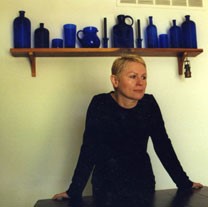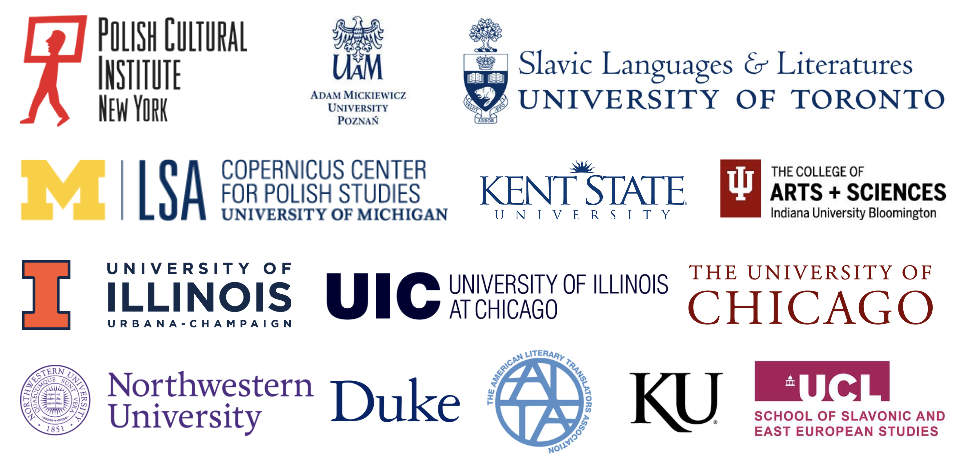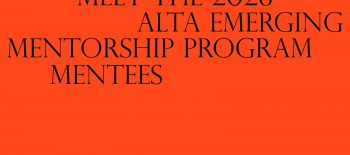Ignacy Krasicki with Bożena Shallcross – Encounters with Polish and Ukrainian Literature
S5E4 and all video recordings are available on our YouTube.
Encounters with Polish Literature is a video series for anyone interested in literature and the culture of books and reading. Each month, host David A. Goldfarb will present a new topic in conversation with an expert on that author or book or movement in Polish literature. More about the Encounters with Polish Literature series and the timeline.
The Enlightenment marks both the height of the achievements of Polish democracy at the end of the eighteenth century and the end of that democracy during the partitions by Russia, Prussia, and Austria, when Poland ceased to exist as a political state. It was the time of the May 3 constitution in 1791. The democracy of the gentry enfranchised about a tenth of the population, which was huge compared to other European countries in that era. Poland created a national ministry of education, which would introduce national literacy goals and contribute to the development of a national civic identity, promoting the virtues of science and rational inquiry. At the same time it was an age of decadence and litigiousness that weakened this idealistic democratic state in the face of imperial powers on its borders.
Archbishop Ignacy Krasicki (1735-1801), author of satires, fables, and what is considered Poland’s first novel, The Adventures of Mr. Nicholas Wisdom, is one of the most significant literary figures of the era. The novel, following the form of a fictional travelogue to a utopian island, similar in some ways to Voltaire’s Candide, satirizes the decadence of the gentry class and the extravagances of Polish Sarmatism, presents a utopian contrast in a perfectly just and balanced, if somewhat bland, society that exists on a remote island in the “state of nature,” and resolves in a synthesis in which Mr. Wisdom retires to the Polish countryside, attempting to replicate some of the values he encounters on the fictional island of Nipu, without completely abandoning the culture in which he was brought up.
In this episode, we focus on The Adventures of Mr. Nicholas Wisdom, which has an excellent English translation by Thomas H. Hoisington. The novel, following the form of a fictional travelogue to a utopian island, similar in some ways to Voltaire’s Candide, satirizes the decadence of the gentry class and the extravagances of Polish Sarmatism, presents a utopian contrast in a perfectly just and balanced, if somewhat bland, society that exists on a remote island in the “state of nature,” and resolves in a synthesis in which Mr. Wisdom retires to the Polish countryside, attempting to replicate some of the values he encounters on the fictional island of Nipu, without completely abandoning the culture in which he was brought up.
Ignacy Krasicki in English Translation:
The Adventures of Mr. Nicholas Wisdom. Tr. Thomas H. Hoisington with an introduction by Helena Goscilo. Evanston, Ill.: Northwestern University Press, 1992.
Polish Fables. Tr. Gerard T. Kapolka. New York: Hippocrene Books, 1977.

Bożena Shallcross is a professor and director of Graduate Studies in the Department of Slavic Languages and Literatures at the University of Chicago, as well as member of a dozen editorial boards of scholarly periodicals and academic presses, including the Slavic Review and Teksty Drugie (Second Texts). She has authored, edited, and translated several critical studies, including the monographs The Holocaust Object in Polish and Polish-Jewish Culture (translated into Russian and Polish); Through the Poet’s Eye: The Travels of Zagajewski, Herbert, and Brodsky; and Shadow and Form: The Visual Imagination of Leopold Staff. Her articles reflect a multidisciplinary range of interests including literary representation of the interior/interiority, spatial imagination, and epiphanic encounters with objects of art. She just completed a study entitled In(k)scriptions and Other Marks and co-edited an anthology of texts by various authors entitled The Jewish Inn: From Architecture to Phantasm. Her most recent publication is the lead article entitled “Anamnesis of Joy” that appeared in a special issue of Fabrica Litterarum Polono-Italica, (Tadeusz Sławek ed., 2024). Currently, she is editing a book project entitled Creative Expression and Polish Chicago.
David A. Goldfarb, Host & Producer
Bartek Remisko, Curator and Executive Producer
Natalia Iyudin, Producer
Lead image: Ignacz Krasicki by Per Krafft the Elder, ca. 1767, Public Domain
Guest photo: Courtesy of Bożena Shallcross





